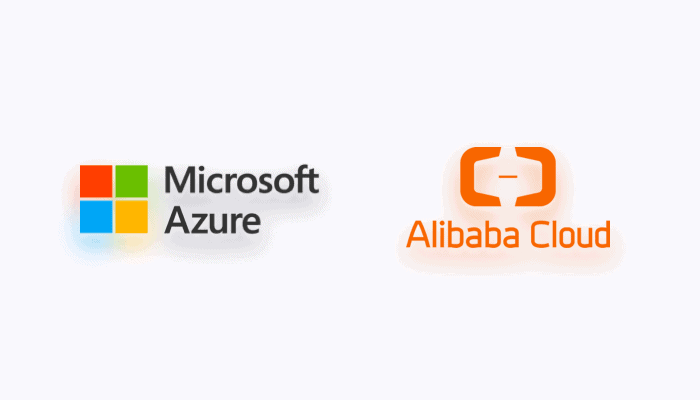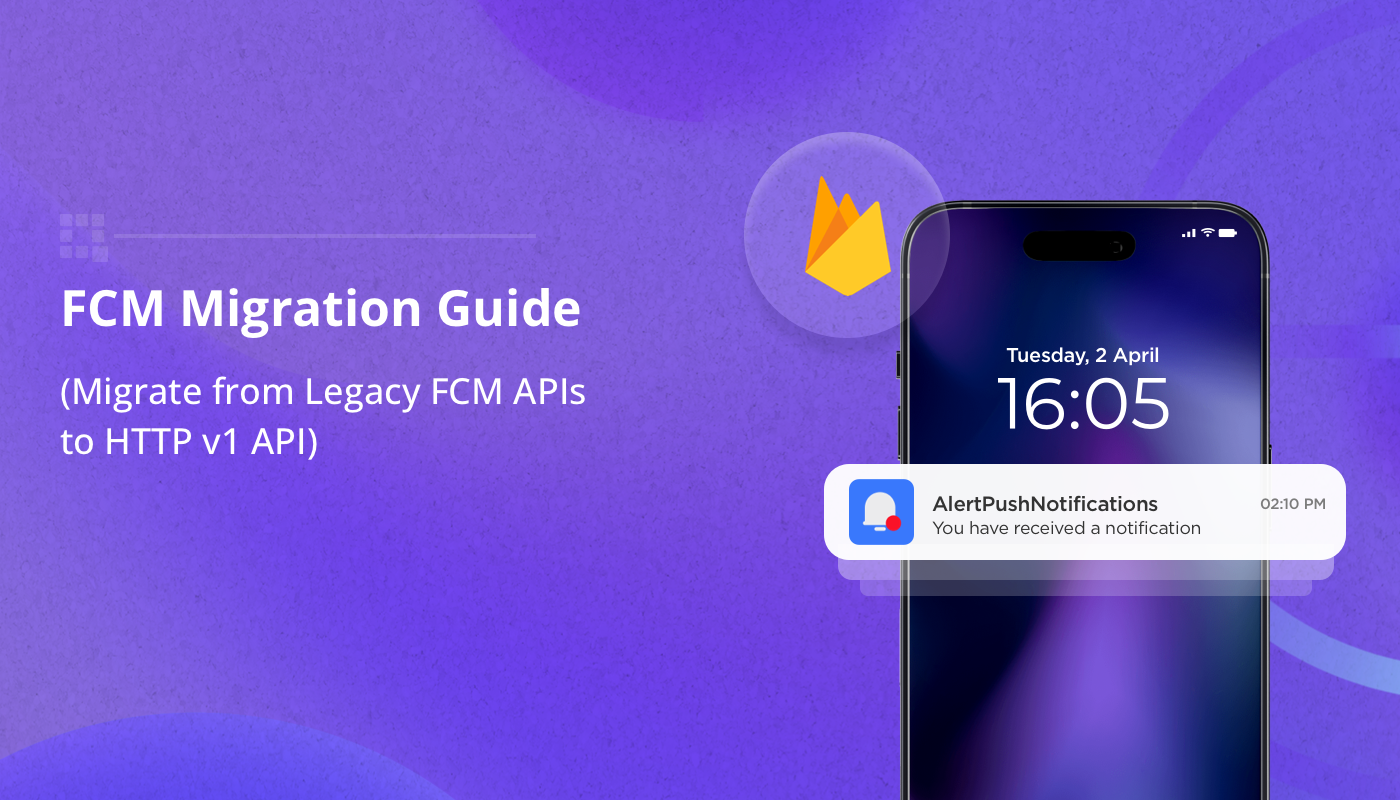
This blog is a revised version of an article first published in 2019.
In recent years Amazon Web Services, Google Cloud Platform, and Microsoft Azure have dominated the world’s cloud infrastructure market. However, the ongoing digitalization of the business world and increasing reliance on cloud services has enabled other cloud providers to assume more presence in the global marketplace. A growing number of businesses are considering other cloud providers who are also able to deliver on security, scalability, and cost-efficiency.
The following post considers the appeal of Alibaba Cloud, also known as Aliyun or AliCloud, a leading cloud provider serving China, founded by the Alibaba Group. While this cloud computing platform is not as well known in the West compared to its more famous US counterparts, it has been around since 2009, dominates the eastern market, and is now extending its geographical reach far beyond China. In the following we will highlight its appeal by comparing some of its features to a US giant, Microsoft Azure, which was launched a year later in 2010.
Coverage
AliCloud may not be the largest provider, but they do have the largest concentration of data centers in China. They house 7 availability regions there, while also having a significant presence in Asia Pacific. With 2 regions now in the United States, 2 in Europe, 1 in the Middle East, and 1 in Australia, we can conclude that Alibaba’s network has worldwide reach.
Microsoft Azure has a much larger footprint, with 54 availability regions throughout the globe. The Azure network has now expanded to include dedicated regions in Australia, Japan, and South Africa.
In terms of coverage, while both public cloud providers have global reach, Azure allows you to be closer to a data center no matter where you are in the world. This could provide more reliable services with lower latency and better dependability, even in the event of natural disasters. However, if your business has customers in the eastern region, you would be a fool not to consider Alibaba Cloud.
Computing Capacity
Both cloud vendors offer a variety of options so that you may choose the right virtual machine configuration to handle your workload.
Let’s have a look at how powerful a virtual machine Microsoft Azure and Alibaba Cloud can provide. The number of vCPUs and RAM size determine computational capacity and, as a result, heavily impact machine performance.
With Alibaba, the largest VM you can get has 160 vCPUs and 1920 Gb RAM. In this respect, it cannot match Microsoft Azure that can go as high as 416 vCPUs and can supply a whopping 4 TB of RAM. With better web response time and speed of network transfers, Azure may be the smarter choice for running an intensive web application.
Although both cloud providers have quite flexible options as to machine size and capacity, performance grade is currently significantly higher with Microsoft. However, for smaller business enterprises Alibaba Cloud’s computing capacity should not be an issue. In any case, Alibaba Cloud is intent on widening its market share and for this reason is dedicated to improving its performance, so it’s definitely worth keeping an eye on how it continues to shape up.
Storage
Applications today require varying amounts of cloud storage to house databases and software components. If you’re transitioning your business to a cloud environment, it may be necessary to consider an additional storage volume. Both Azure and AliCloud have several options.
Alibaba’s Object Storage Service (OSS) is fairly comparable to Azure’s Blob Storage, which offers highly scalable and secure storage for massive amounts of unstructured data. Both cloud vendors also offer expansive, reliable RDS services. Azure, however, may have a slight edge here with better service offerings for archival storage and solutions for backup and recovery.
Security
Security is definitely one of the main concerns in the cloud computing business. Understanding the measure of security taken by each provider will allow you to decide whether or not to trust the suppliers with your data.
Both Microsoft Azure and Alibaba Cloud have robust extensive security measures in place. Advanced data encryption techniques are employed on both the client and server sides, and storage vaults are heavily protected as well. With either provider, you need not worry about your data, whether in transit or at rest.
Azure and AliCloud both allow you to create a multi-level access system with multi-factor authentication. You define specific identity and access permissions to have complete control over your instance. With Alibaba, this is their Resource Access Management system, while Azure uses the Active Directory model for their cloud user management.
Pricing
Both Microsoft Azure and Alibaba Cloud offer a similar cost structure with a pay-as-you-go price plan, which means you only pay for the time you use the cloud resources. It’s never simple to compare cloud provider pricing because there are many factors that go into the cost of a virtual machine.
However, a quick comparison shows that Alibaba most often offers a lower monthly price than Microsoft Azure. Pricing can vary widely based on the configuration of virtual machine instances and the regions in which they’re launched, but when we compare prices for machines of similar configuration, Alibaba is a more attractive option.
It’s clear that Alibaba Cloud is utilizing competitive pricing models to gain an edge in the public market share. They are currently offering deep discounts to students, start-ups, and new accounts based in the United States.
Both platforms have pricing calculators where you can browse various options and compare prices.
Alibaba Cloud Price Calculator
Microsoft Azure Pricing Calculator
Summing up
In regards to coverage, computing capacity, and storage Microsoft Azures appears to hold an advantage over Alibaba cloud. Without question it is certainly more popular and widely used in the West due to a larger market presence and overall name recognition. Yet, despite Azure’s dominance, Alibaba Cloud does not fare too badly in the comparison. Both cloud services can be used as a reliable and secure environment for your infrastructure.
Furthermore, Alibaba Cloud could be an excellent choice for an enterprise with a user-base primarily in Asia or Eastern Europe. Alibaba could also appeal to a smaller cloud business that’s looking for competitive pricing with lower rates to save on costs.
When it comes to selecting the best public cloud vendor for your business, our recommendation is always to start with your project requirements. They are the base on which you should build your technology stack, including public cloud services.
Quickblox, a communication platform provider offering instant messaging and group chat, peer-to-peer and multiparty video calling, file sharing and other functions through SDKs and APIs, is experienced in installing software on a variety of cloud providers, as well as on-premise.
To find out how QuickBlox can help in your cloud journey, please contact us here.






